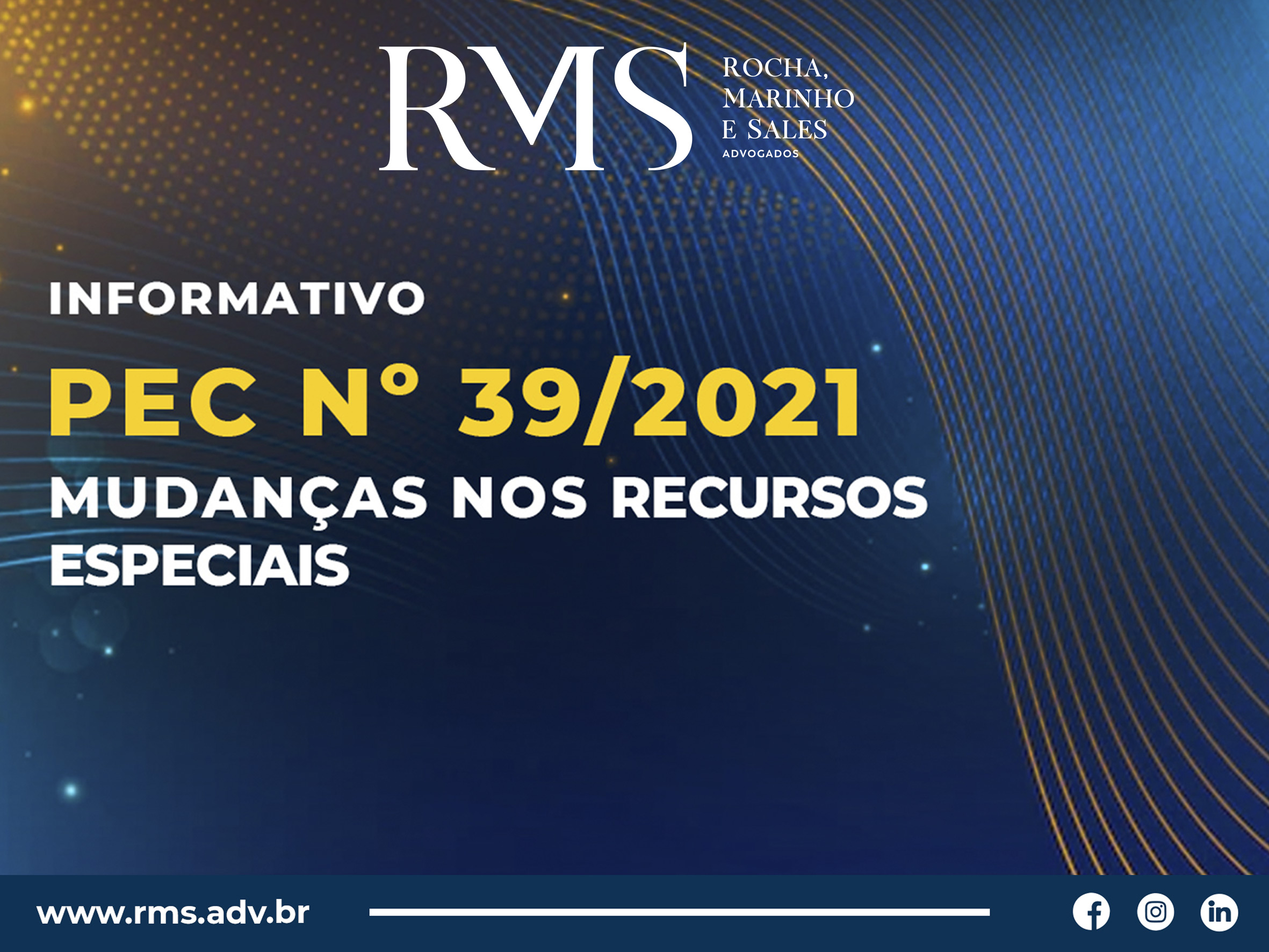Remote Courts, What to Expect? Initiative Records International Experiences
12/02/2021

The recent factual circumstances arising from the pandemic have catalyzed, at different levels, the speed with which these innovations were adopted.
The approximation between the Judiciary and technology is a recurring debate in the specialized literature. It involves everything from digitization movements, “Online Dispute Resolution”, creation of electronic platforms, applications, “chatbot” to more radical transformations linked to the structuring of an intelligent judicial system with full application of new technologies, particularly “Big Data” and Artificial Intelligence. In common, the objectives of reducing problems, maximizing efficiency and benefits of the judicial provision, ensuring fundamental rights and procedural guarantees.
The recent factual circumstances arising from the pandemic have catalyzed, at different levels, the speed with which these innovations were adopted. The “Remote Courts Worldwide” project, launched in March 2020, seeks to globally record and diagnose the experiences of the community of legal professionals in the transition from traditional to remote operating standards. The initiative is led by Professor Richard Susskind in collaboration with different organizations (Society for Computers and Law, UK Lawtech Delivery Panel and HM Courts & Tribunals Services).
Since then, it has been found that the technology has allowed the Judiciary to continue to function due to the implantation of audiences on video or audio, supported by widely accessible technologies, such as applications for virtual meetings (Skype, Zoom). It was also noticed variations in the formality of procedures between countries and an expansion of transparency in jurisdictional activities.
In Japan, “Microsoft Teams” began to be used in February 2020 to streamline the procedures for producing evidence, which was previously done by phone or videoconference. In Mexico, the “Supreme Court of Justicia de la Nación” held in April 2020 the first remote plenary session, by videoconference, broadcast live on television and on digital platforms. In Turkey, the National System of Judicial Informatics encompasses the digitization of all processes, online conduct of hearings and procedural communications exclusively by electronic means.
In China, there is already an online work model for “Internet Courts”, structured on an electronic conflict platform, in which the entire process, from the protocol to the decision or mediation is conducted online. In addition, the Beijing Court has a “mobile micro court”, software integrated with the country’s most popular instant messaging application (WeChat). It offers legal services on mobile devices in order to serve citizens who do not have a computer at home. Supreme People’s Court statistics announced for the period between February 3 and March 20, 2020, that the Judiciary bodies, at various levels of jurisdiction, held more than 110 thousand online sessions, 200 thousand mediations, 440 thousand payments and remotely conducted 550,000 cases.
This scenario of connection between the Judiciary and technology will deepen, overcoming elements of digitization. Therefore, benefits, risks and ways of disciplining the use of automation based on Artificial Intelligence (algorithms and data) are discussed. Risk management, assessment of opportunities, access to justice, digitalization of conflicts, elimination of repetitive activities, predictive analysis and preparation of documents constitute part of this scenario of continuous and progressive transformation.
By: Wilson Sales Belchior




